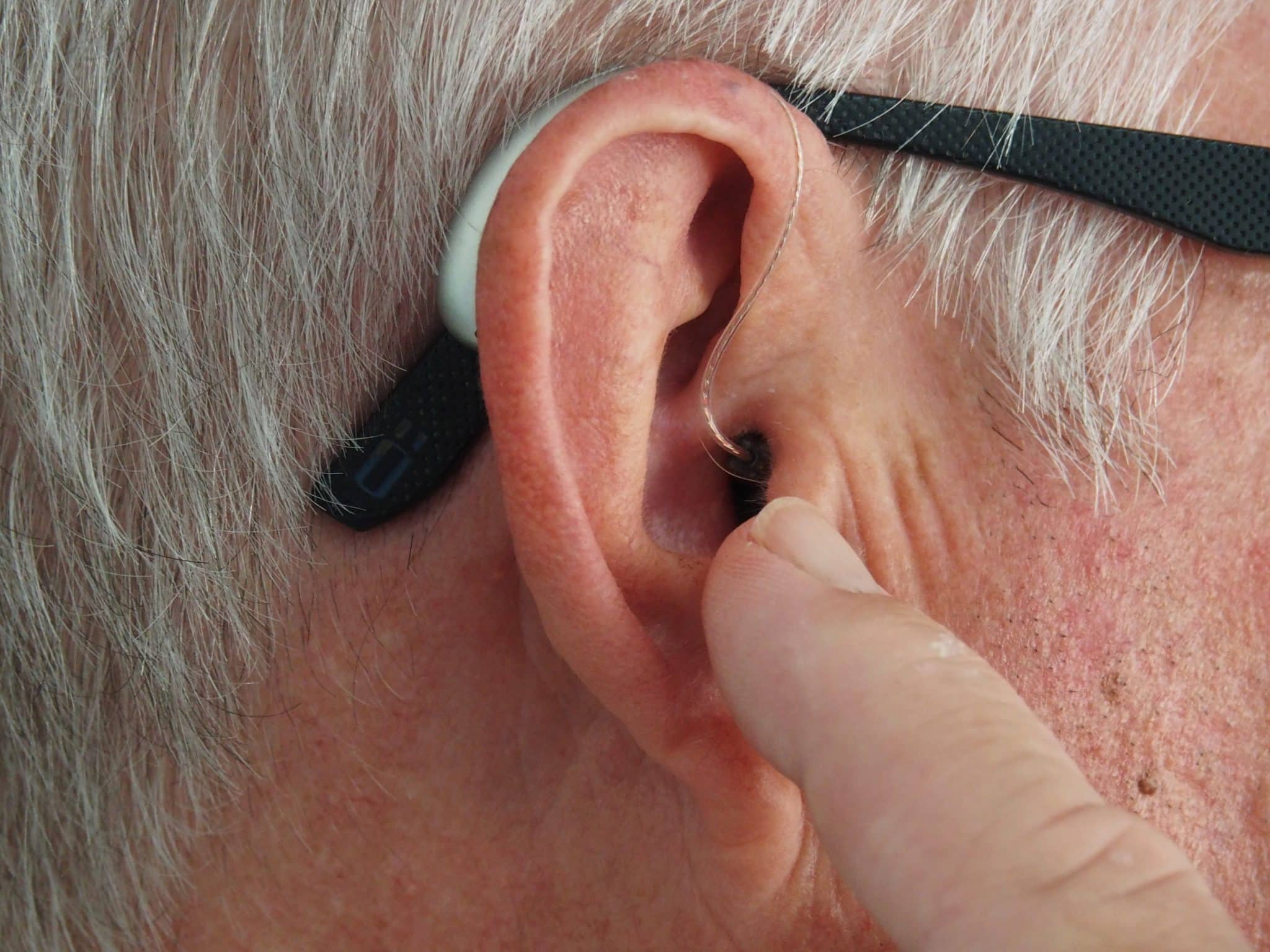Hearing loss affects millions of Americans and even more around the world, but many people don’t know much about it.
Even people who have family or friends with hearing loss may still be under-educated about the truths and facts of hearing loss. We’re here to debunk the misunderstandings and
misconceptions about hearing loss.
Myth: Hearing loss can be reversed
Truth: This is a big misconception that people may have about hearing loss. Even with our current technological and medical marvels, hearing loss
cannot be reversed. Once you start to lose your hearing, you cannot get it back to the way it was, so
prevention is key.
Myth: Hearing loss = Deafness
Truth: Many people confuse and conflate hearing loss and deafness. While they are, of course, related, not everyone who has hearing loss is Deaf. Hearing loss can eventually lead to full deafness, but most hearing loss is part of the
aging process, while deafness is often a condition people are born with.
Myth: Hearing loss only affects older people
Truth: While age-related hearing loss is the most common type of hearing loss, hearing loss can occur at any age. Years of exposure to loud noises, especially at your job, can lead to earlier hearing loss.
Ear infections are often the cause of hearing loss in younger people—children with chronic ear infections can eventually suffer hearing loss if they are not treated properly and quickly.
People are also born with hearing loss—this is called congenital hearing loss, and there are many different causes.
Myth: Hearing loss can’t be avoided
Truth: There are many steps you can take throughout your life to lower the risk of hearing loss. Staying generally healthy is important, as certain conditions like diabetes can increase your risk of hearing loss.
Additionally, avoiding exposure to loud noises is vital to preventing hearing loss. Wearing earplugs at
concerts, ear protection while doing
yard work, and minimizing
occupational noise are important steps you can take.
Myth: Hearing aids are too expensive for most people
Truth: Hearing aids can be pricey, but there are ways to offset the costs. Unfortunately, hearing aids are
not covered by Medicare.
If you have private health insurance, they may pay for part of the cost—check with your provider to find out more.
However, many hearing aid companies offer
payment plans to make your hearing aids more affordable. Additionally, if you are struggling financially there are ways to get
free or affordable hearing aids.
Myth: You should shout when talking to people with hearing loss
Truth: As anyone with hearing loss will tell you, speaking louder often does not help. Hearing loss is often an issue of clarity, not volume, so shouting is just an annoyance to everyone.
The best way to deal with hearing loss is getting hearing aids, which will greatly increase the clarity and quality of the sounds you hear.
By: Elena McPhillips




